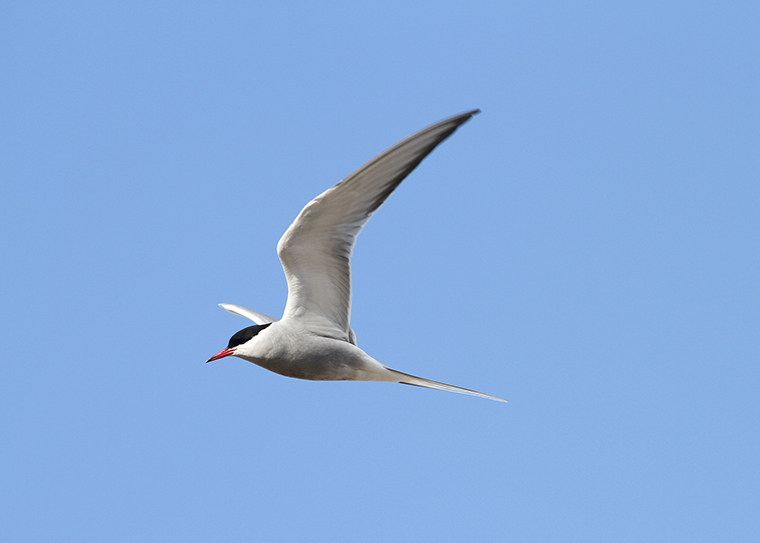2024-12-04 ノースウェスタン大学
<関連情報>
- https://news.northwestern.edu/stories/2024/12/the-secret-to-our-big-brains-might-be-in-our-gut/
- https://www.microbiologyresearch.org/content/journal/mgen/10.1099/mgen.0.001322
霊長類の腸内細菌叢は宿主の代謝における種間差に寄与する The primate gut microbiota contributes to interspecific differences in host metabolism
Elizabeth K. Mallott, Sahana Kuthyar, Won Lee, Derek Reiman, Hongmei Jiang, Sriram Chitta, E. Alexandria Waters, Brian T. Layden, Ronen Sumagin, Laura D. Manzanares, Guan-Yu Yang, Maria Luisa Savo Sardaro, Stanton Gray, Lawrence E. Williams, Yang Dai, James P. Curley, Chad R. Haney, Emma R. Liechty, Christopher W. Kuzawa and Katherine R. Amato
Microbial Genomics Published: 02 December 2024
DOI:https://doi.org/10.1099/mgen.0.001322

ABSTRACT
Because large brains are energetically expensive, they are associated with metabolic traits that facilitate energy availability across vertebrates. However, the biological underpinnings driving these traits are not known. Given its role in regulating host metabolism in disease studies, we hypothesized that the gut microbiome contributes to variation in normal cross-vertebrate species differences in metabolism, including those associated with the brain’s energetic requirements. By inoculating germ-free mice with the gut microbiota (GM) of three primate species – two with relatively larger brains and one with a smaller brain – we demonstrated that the GM of larger-brained primates shifts host metabolism towards energy use and production, while that of smaller-brained primates stimulates energy storage in adipose tissues. Our findings establish a causal role of the GM in normal cross-host species differences in metabolism associated with relative brain size and suggest that the GM may have been an important facilitator of metabolic changes during human evolution that supported encephalization.


